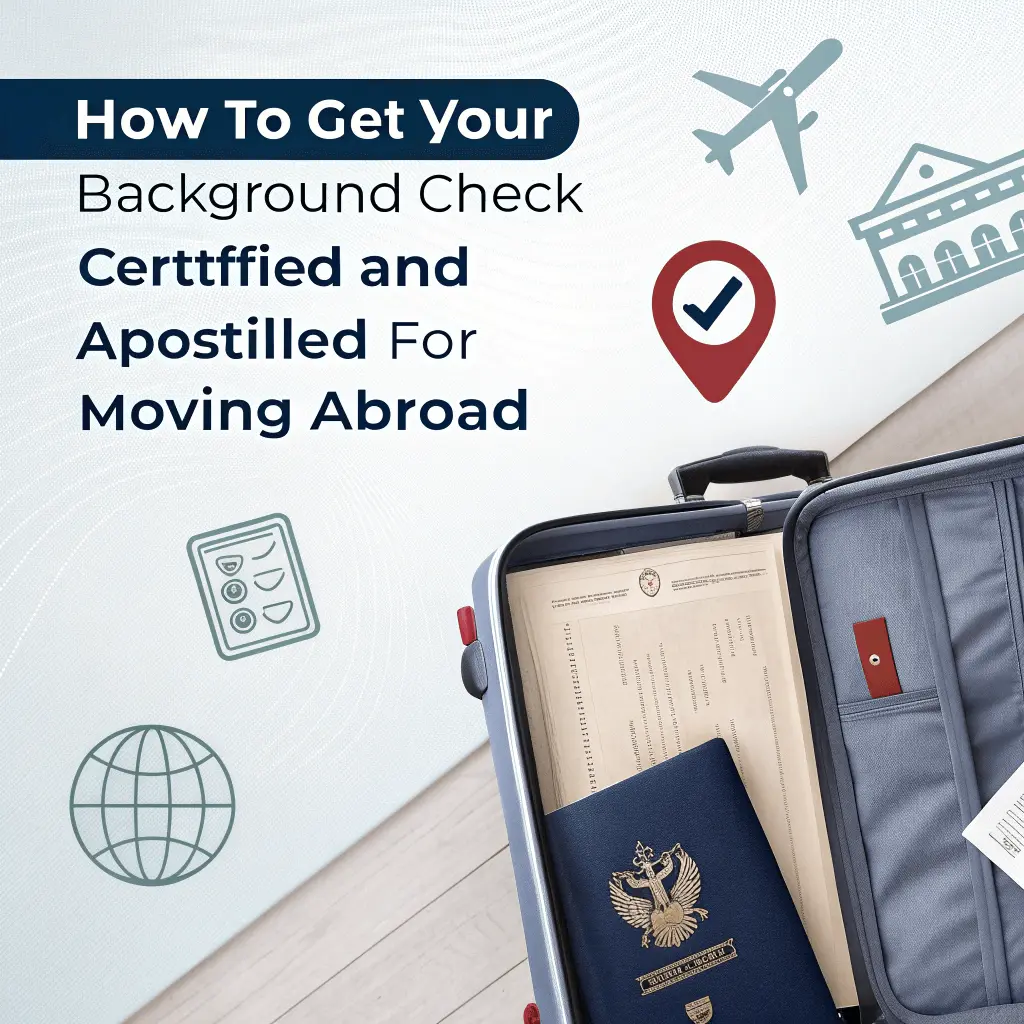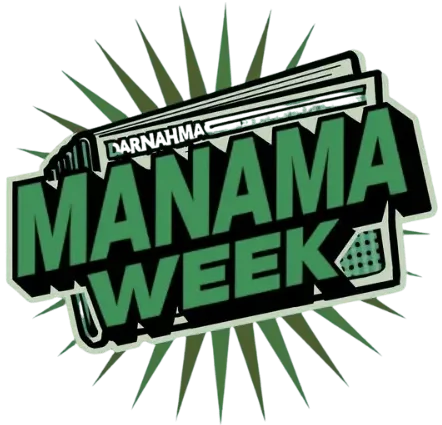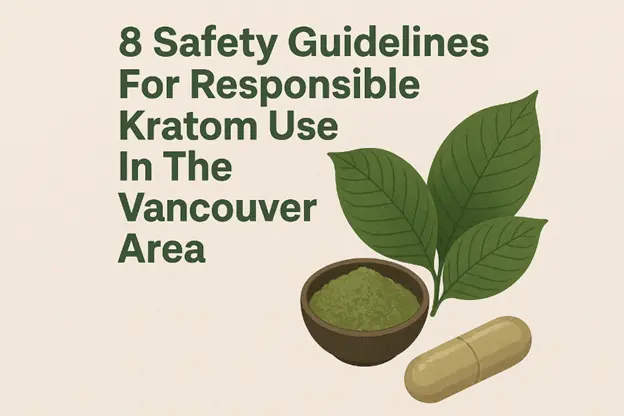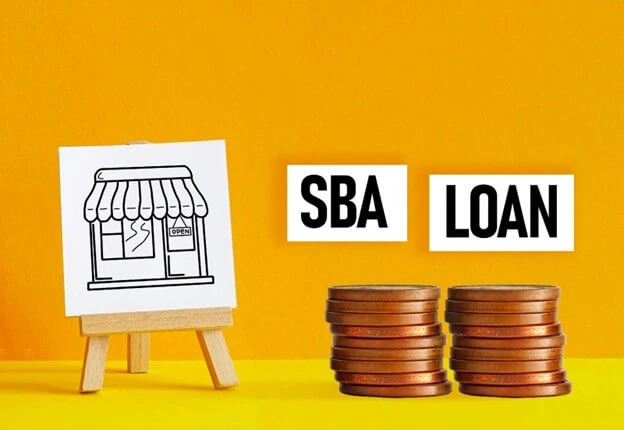
Starting fresh overseas is an all-exciting experience—until you hit the paperwork roadblock. Many Hague Convention countries require an apostilled background check for a visa or residency approval. But what does the apostille process involve, and how do you differentiate between a state vs. federal background check apostille? This guide will cover the key steps to getting your documents certified and apostilled, allowing you to move globally stress-free.
Why You Need a Certified and Apostilled Background Check When Moving Abroad
A certified background check for visa purposes is often mandatory for relocation to another country. Some even require it to be verified with an apostille—an international document authentication method. Below, let’s reveal what an apostille does, common situations when you need one, and countries that likely ask for it.
What Is an Apostille and Why Is It Required?
An apostille serves as an authenticity approval for your background check, confirming that it is genuine and issued by an authorized government agency. Foreign countries demand an apostille to prevent fraud and ensure full compliance with their immigration or residency regulations. Without this certification, your background check might be rejected for legal use abroad.
Common Situations That Require a Certified Background Check
An apostille for immigration documents, like a background report, is needed when:
- Applying for work or long-term visas
- Processing residency permits or dual citizenship petitions
- Planning for marriage abroad
- Completing international adoptions
In short, if you intend to move overseas and foreign authorities expect to verify your criminal history, you’ll need to present an apostilled background check.
Countries That Commonly Ask for It
Countries that signed the Hague Convention, including popular destinations such as France, Germany, Spain, Italy, and Japan, routinely require apostilles for paperwork. These nations prioritize security and transparency among foreign nationals who wish to reside within their borders, whether for work, study, or retirement. For instance, relocating for an English teaching position in South Korea would require you to get your background check apostilled for moving abroad.
Step 1 – Requesting the Right Background Check
The initial step before having your report certified and apostilled is determining which type you should request—a state or federal background check. This section will explore the difference between these two, how to obtain each version, and pro tips to avoid processing delays.
Federal vs. State Background Checks – What’s the Difference?
The main distinction lies in the area of coverage. While federal reports, like the FBI background checks, expand across all states by searching national databases, state-level ones only return records within that specific state or jurisdiction. Therefore, countries with strict immigration procedures likely expect a federal background check for a more comprehensive approach. Always consult with the receiving authority in advance about which version you should get.
How to Get an FBI Background Check (U.S.)
To obtain an FBI Identity History Summary, send a request electronically or by mail. You first need to have your fingerprints scanned at a designated agency, typically a U.S. Post Office location. Then, fill out the application form with your details, include the fingerprint card and an appropriate payment of $18, and submit your request through the FBI’s online portal or by mail to the CJIS Division.
How to Get a State or Local Background Check (If Required)
Each state has unique procedures when it comes to background checks, so contact your local law enforcement agency to inquire about the steps and requirements. For instance, you can send a request to the California Department of Justice for your criminal history record. Fingerprints will be taken via Live Scan, and a processing fee of $25 must be paid. Once received, the result will be mailed to your provided address, with processing times varying from a few days to 2 weeks.
Tips to Avoid Delays in Getting Your Report
It’s vital to submit high-quality fingerprints and check all submission requirements before sending your request. Make sure any details stated in the application form match your ID to avoid resubmissions. Some background reports might take longer to process, especially due to high volumes or peak seasons, so opt for expedited services if available.
Step 2 – Getting the Background Check Certified
FBI background checks already qualify for apostille processing, so you don’t need any additional certification to apostille a federal report. On the other hand, state and local checks might call for further steps, such as notarization or certification. Specifically, some local police reports must be notarized by a state-licensed notary public and certified by a county clerk before they can be apostilled. Verify the rules with your Secretary of State’s authentication section, as always.
Step 3 – How to Apostille Your Background Check
Ready to validate your reports? The apostille process for a state vs. federal background check differs slightly, so we’ll walk through both scenarios and explain what you should do if the destination county isn’t part of the Hague Convention. Let’s dive in!
Apostille for FBI Background Checks
Submit a request to the Department of State (DOS) to obtain an FBI background check apostille. You typically need to complete the application form DS-4194 and pay a fee of $20 per document. Submission options include physical drop-off or by mail, with varying processing times from 2 to 5 weeks.
Apostille for State Background Checks
For state-level apostilles, requests are usually made through the Secretary of State’s office. Mail-in submissions are the most common, while some states offer walk-ins in certain cities or areas. Your request package should contain a request form or cover letter, correct payment, all required documents with proper notarization or certification, and a self-addressed envelope for return.
Apostille vs. Embassy Legalization (for Non-Hague Countries)
If your destination country happens to be China or Saudi Arabia, or any other country that isn’t part of the Hague Convention, you’ll need embassy legalization instead. This route is a much more complex approach, entailing not only state and federal authentication but also final legalization from the foreign country’s embassy or consulate. The timeline, therefore, is significantly longer, which might take months to receive the global approval for your background check.
Costs and Timelines to Expect
The standard wait for state and federal criminal report apostilles ranges from 2 to 5 weeks, with the cost of $10-20 per document. Hand submissions return results faster than mail-in, but are limited to those residing in the physical office areas or who are willing to travel. For efficiency, a federal apostille service streamlines your experience, speeding things up while ensuring every detail is accurate.
Common Mistakes to Avoid
Small errors might derail your journey! Common mistakes with the FBI background check apostille, such as outdated forms, reports older than 6 months, and incorrect payment methods, might cost you time and energy. Additionally, failing to review the receiving country’s laws may result in non-compliance.
Final Tips for a Smooth Process
To wrap up, let’s go through some final tips to ensure your background check apostille goes smoothly. We’ll help you decide whether to DIY or benefit from a service provider, and share a checklist before you hit that submit button.
Should You Use an Apostille Agency?
An apostille agency creates a huge impact for time-sensitive matters or complex legal cases with several documents at a time. The experts understand state and federal nuances, allowing them to navigate more effectively. If you’re fighting against time or don’t have the patience for paperwork, an agency proves its worth.
Checklist Before Submitting Your Documents Abroad
Here’s a quick checklist to review before sending your state or federal background check apostille abroad:
- The report is recent and complete
- Personal details match your passport and other IDs
- All signatures and seals are visible
- The destination country stated must be correct
Remember to keep copies of all the documents you’re about to mail overseas!
Seal the Deal: Get Your Background Check Apostilled
Understanding how to apostille a background check is crucial for a smooth international transition. Even if you’re working with a specialized service like us, proper preparation helps your report get global recognition faster and without hassle. Contact us to begin your new chapter overseas today!







